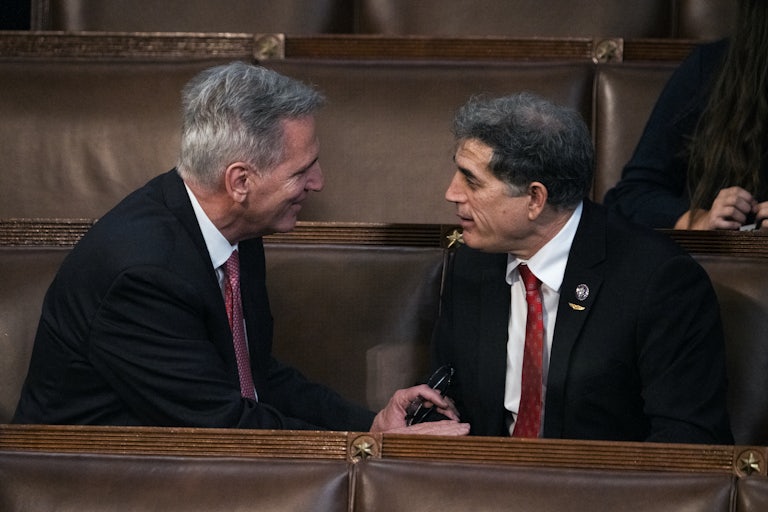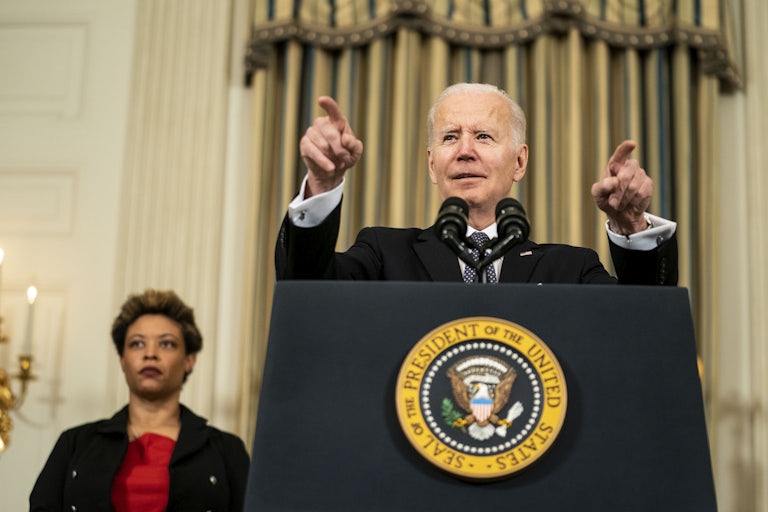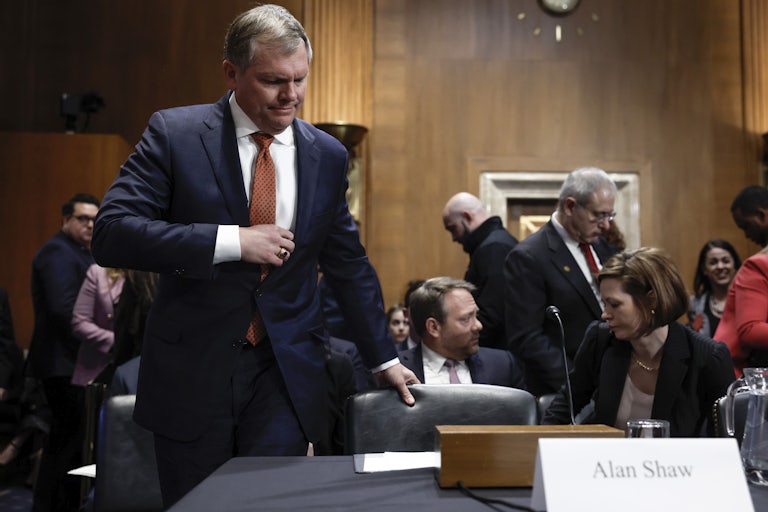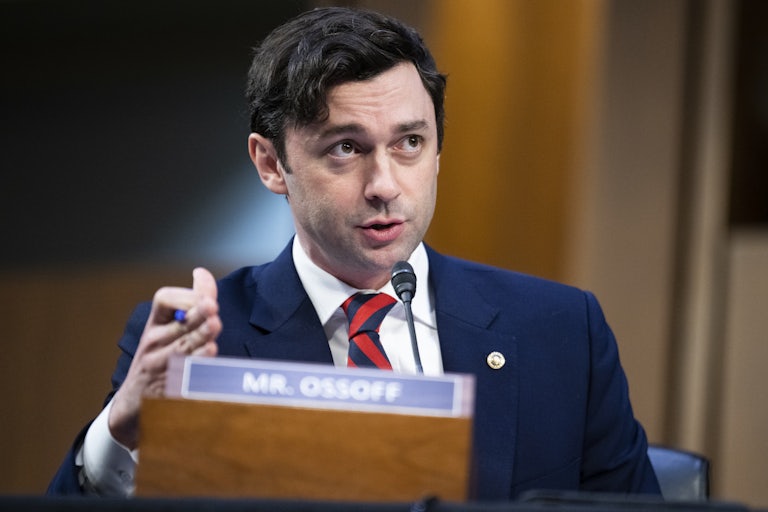What Is Silicon Valley Bank, and Why Is It Collapsing?
The nation’s sixteenth-largest bank—and a favorite of tech startups—is having The Worst Week Ever.

Silicon Valley Bank, a major lender for tech startups, was shut down Friday by California regulators.
SVB was struggling to raise enough funds to offset a nearly $2 billion loss on bond sales. Customers worried that the bank would collapse entirely and rushed to withdraw their funds, further destabilizing it.
The California Department of Financial Protection and Innovation swooped in and closed the bank Friday morning, putting the Federal Deposit Insurance Corporation, or FDIC, in charge of SVB’s assets.
The FDIC announced that SVB’s branches will reopen Monday, and insured customers will be able to access their deposits then.
Here is a look at what happened to Silicon Valley Bank.
1. What is Silicon Valley Bank?
Silicon Valley Bank is the sixteenth-largest bank in the United States. It primarily operates in Northern California and thus is relatively unknown outside of Silicon Valley.
However, the bank partnered with nearly half of all venture-backed technology and life sciences companies in the U.S. Silicon Valley Bank lent to higher-risk startups that have taken a hit from the Federal Reserve’s high interest rates as well as decreasing venture capital investment.
2. What went wrong?
Silicon Valley Bank announced Wednesday evening that it needed to raise more than $2 billion. It outlined a plan to do so that included selling $1.25 billion in common stock, which are shares that give holders voting rights, and $500 million in convertible preferred shares, which do not give the holder voting rights.
SVB also said that investment firm General Atlantic had agreed to a deal to sell $500 million in common stock.
But SVB’s customers were apparently not appeased by the plan, and the bank’s stock value has plummeted at least 60 percent since then.
3. What caused the collapse?
The Fed has hiked interest rates aggressively over the past year to try to bring down record-high inflation. The higher rates caused venture capital investments to shrink, while the bank’s clients used up cash much faster than before due to price increases. As a result, SVB’s startup customers had far less money to deposit.
To make up for its cash losses, SVB sold $21 billion in securities—but at a $1.8 billion loss, prompting the plan to sell off shares and stabilize itself with the new funds.
Instead, investors panicked and began withdrawing their money from the bank. This created a vicious feedback loop, where the bank appeared increasingly unstable and unsustainable, prompting more customers to take out their money.
4. What was the bank trying to do?
SVB was in talks to sell itself, right up until regulators took over, after its attempts to raise more cash failed. Several large financial institutions were reportedly considering purchasing the bank.
But because so much money was flowing out as customers withdrew their funds, it was difficult to assess SVB’s value anymore, making it less appealing to any potential buyers.
5. Why is this important?
Investors are worried that SVB’s troubles are a bellwether of what is to come for the rest of Silicon Valley, and the financial sector at large. The day before SVB announced its fundraising plan, cryptocurrency lender Silvergate Capital Corp said it would be shutting down, rattling the market. Shares in other banks fell Thursday as concerns over SVB grew.
The high interest rates mean that other banks that attempt to sell off bonds to make fast cash will be forced to do so at a loss, like SVB, according to Bloomberg. If customers get nervous, banks will have to compete harder to keep them, for instance by offering higher interest rates on savings. Doing that will chip away at what the banks are able to earn for themselves.
Things will be particularly difficult for small and midsize banks, Bloomberg noted. Those institutions don’t have as many funding flows, meaning they would have to sell more stock and take more hits.








